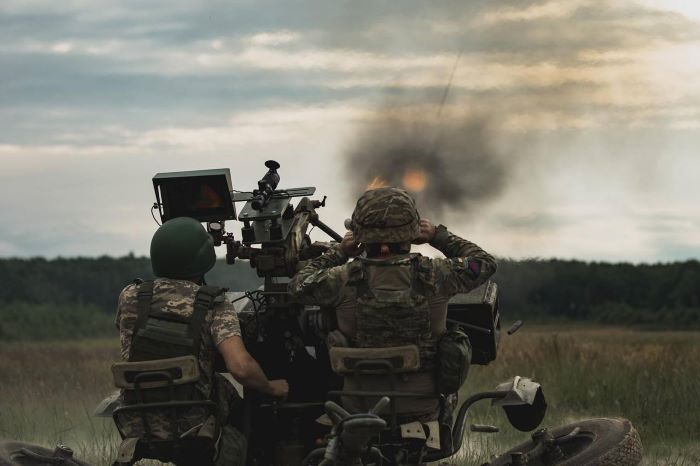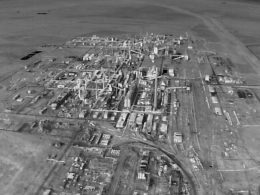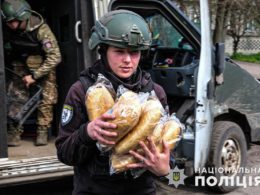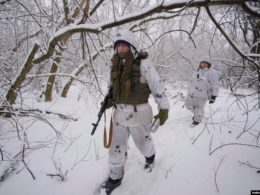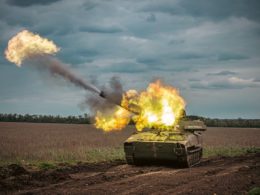The US-based Institute for the Study of War reported on 2 July that recent Russian military operations in eastern Ukraine suggest a potentially more sophisticated level of operational planning than previously demonstrated.
The ISW analysis reported on Russian offensive actions in the Toretsk area, which could be aimed at creating opportunities for advances toward either Chasiv Yar or Avdiivka.
"The interplay between ongoing Russian offensive operations in the Chasiv Yar, Toretsk, and Avdiivka directions indicates that the Russian military command may intend to leverage the ongoing Toretsk push to create operational opportunities for advances in either the Chasiv Yar or Avdiivka areas,” according to the ISW
Lieutenant Colonel Nazar Voloshyn, spokesperson for the Ukrainian Khortytsia Group of Forces, said in an interview that Russian forces are "beginning to storm Chasiv Yar from the Toretsk direction" using "mainly small infantry groups and occasional mechanized assaults."
The ISW notes that if Russian forces can develop a larger salient in the Shumy-Pivdenne-Pivniche-Toretsk area, they may be able to threaten Chasiv Yar from the south more credibly. This would complement their ongoing offensive efforts north of Chasiv Yar near Kalynivka.
However, the report also presents an alternative interpretation from Ukrainian military observer Kostyantyn Mashovets. He links Russian efforts in the Toretsk direction with attempts to break through to the Pokrovsk direction, also known as the Avdiivka direction. Mashovets assesses that Russian troops are trying to interdict Ukrainian positions along the H-32 Pokrovsk-Kostiantynivka road, a major Ukrainian ground line of communication.
The ISW suggests that these differing observations reflect a noteworthy battlefield dynamic. "The Russian command may have chosen to escalate offensive operations near Toretsk in mid-June exactly because this area offers Russian forces a flexible point of departure from which they can either attack north towards Chasiv Yar or west/southwest in the Avdiivka direction," the report states.
While this approach might indicate improved operational planning by Russian commanders, the ISW cautions that success depends on the tactical-level performance of troops in the area.
The report notes that the main Russian forces in the Toretsk area consist of "lower-quality forces of the Donetsk People's Republic (DNR) and Territorial Troops, which will likely struggle to execute attacks properly."
Read also:
- Naval drones attack Russia’s largest southern port Novorossiysk overnight
- Ukraine’s use of American arms still restricted, says Pentagon
- ISW predicts Russia’s power projection in UNSC leadership

